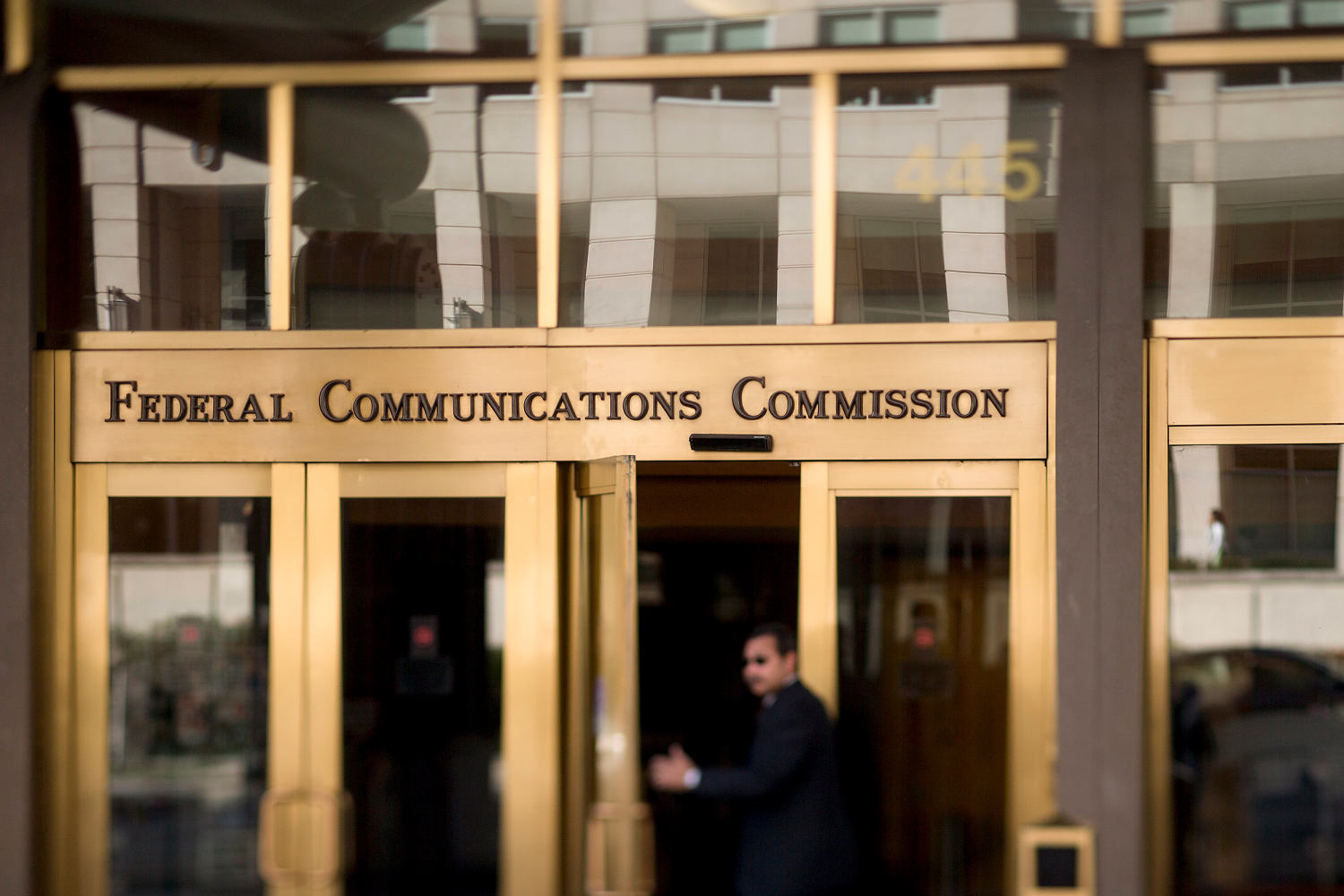Supreme Court will not hear challenge to Jan. 6 ‘parading’ charge

The Supreme Court said Tuesday it will not consider a challenge to a misdemeanor charge used against scores of Jan. 6, 2021, rioters for unlawfully "parading” in the Capitol.
Florida native John Nassif was convicted of four misdemeanor counts in connection with the Capitol riot and sentenced to seven months in prison, which he has already served. Federal prosecutors said he led a call-and-response chant, yelling, “Whose house? Our house!” before gaining entry into the Capitol and gesturing to others to join him there.
He appealed one of those convictions on a charge that bars “parading, demonstrating, or picketing” in any of the Capitol buildings. Hundreds of Jan. 6 rioters face the misdemeanor count, making it among the most common charges.
In Nassif’s petition to the justices, he asked them to determine whether the statute, Section 5104(e)(2)(G), is “unconstitutionally overbroad.”
“Although this case arises out of the events of January 6, 2021, 5104(e)(2)(G) criminalizes protected expression that bears no resemblance to the conduct that has made that day infamous,” Melissa Fussell, Nassif’s federal defender, wrote to the justices.
Fussell pointed to congressional records indicating that the law, passed in 1967 at the height of the Civil Rights Movement, was motivated by a “desire to silence particular viewpoints.”
“The overbreadth of the law was a concern from the start,” Fussell wrote, noting one then-lawmaker's warning that the measure was akin to “using a shotgun to eliminate a gnat.”
“Nevertheless, the bill became law,” she said.
Solicitor General Elizabeth Prelogar cited a lower court’s ruling that the Capitol is a “nonpublic forum” where the government may limit First Amendment activities if those restrictions are “reasonable in light of the purpose of the forum and are viewpoint neutral.” The decision was affirmed by a federal appeals court.
The count has drawn criticism from other perspectives, including a federal judge who chastised the government for "fostering confusion" about the significance of the riot by offering Jan. 6 defendants plea deals on the charge using language that may give the impression a lawful protest was “just in the wrong place.”
"This is not legitimate political discourse," U.S. District Judge Beryl Howell said in 2022, according to The National Law Journal. "This was not a protest."
More than 1,500 rioters have been charged in connection with the Capitol attack.
-

Supreme Court to hear a new challenge to the scope of federal agency power
Top stories - NBC News - Yesterday -

Supreme Court Agrees to Hear Fresh Challenge to Agency Power
Top stories - The New York Times - Yesterday -

Smith asks court to reject Trump's challenge to his appointment in Jan. 6 case
Politics - The Hill - October 31 -

Supreme Court hears New York crime family associate’s gun charge appeal
Politics - The Hill - November 12 -

Supreme Court to Hear Louisiana Congressional Map Dispute
Top stories - The New York Times - November 4 -
Supreme Court to hear dispute involving Louisiana congressional map
Top stories - CBS News - November 4 -

Supreme Court hears Facebook's bid to block Cambridge Analytica shareholder suit
Politics - The Hill - November 6 -

Former Detroit Lions player charged in Jan. 6 riot
Top stories - NBC News - November 15
More from The Hill
-

Democratic rep tells Americans to 'calm down' amid concerns over Trump Cabinet picks
Politics - The Hill - 9 minutes ago -

Dana Carvey says he can't impersonate Elon Musk 'very well' after SNL appearance
Politics - The Hill - 28 minutes ago -

Bernice King 'glad' Trump inauguration taking place on MLK day
Politics - The Hill - 58 minutes ago -

Auchincloss: Senate must reject ‘dangerous’ RFK Jr. as HHS head
Politics - The Hill - 1 hour ago -

Former Defense secretary: Women 'vital' in combat
Politics - The Hill - 1 hour ago